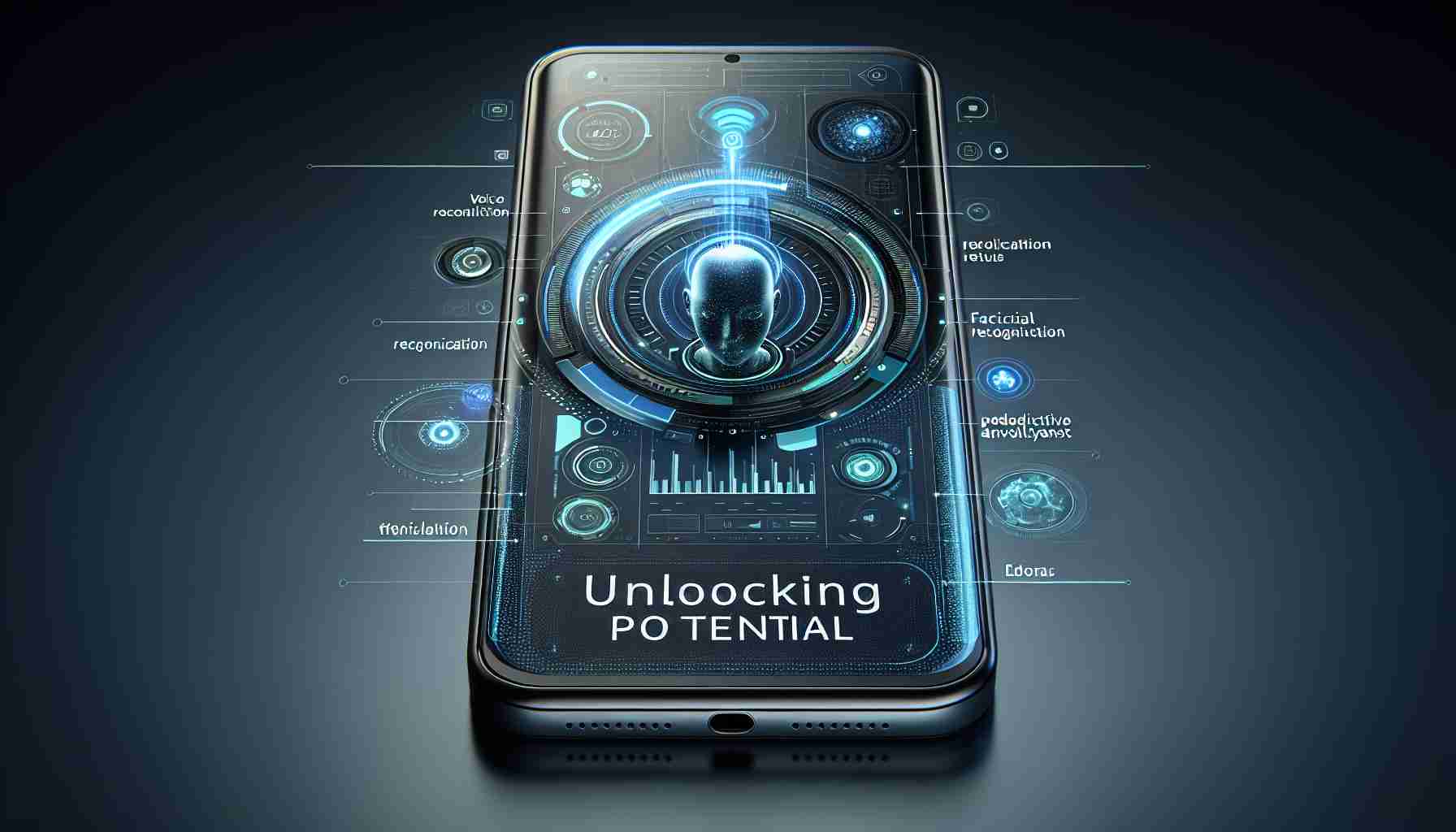According to Wall Street analysts, the iPhone 16 may have a challenging year in 2024 due to a lack of exciting new hardware features. However, some optimistic investors believe that artificial intelligence (AI) can make the iPhone 16 even better.
Analyst Erik Woodring from Morgan Stanley suggests that Apple’s “Edge AI” technology may reach its peak in 2024, and the new generation of iPhones could achieve even better performance thanks to this technology. Currently, iPhone sales, especially the iPhone 15, are decreasing annually by about 2% due to a lack of innovative hardware features.
However, Woodring believes that if the iPhone 16 is equipped with enhanced AI features, sales growth forecasts for 2025 could increase by up to 15%.
By leveraging artificial intelligence models such as OpenAI’s GPT-4, the iPhone 16 will be able to process information locally on the device, eliminating the need for cloud reliance. Currently, when using the cloud, users have to wait for Siri’s response or experience delays in performance.
In a research article published by Apple’s scientists, they describe a method to improve the performance of AI models by utilizing flash memory in iPhones. This allows for an increase in the number of model parameters (such as neural network load) stored in the device’s RAM.
The proposed solution involves leveraging sparsity in neural networks, meaning weights equal to zero are skipped, and only the relevant weights for calculations are retrieved. This reduces the amount of data transmitted and improves AI performance on the device.
In summary, the utilization of artificial intelligence in the iPhone 16 could lead to significant sales growth in the future. With localized data processing and new flash memory solutions, users will be able to enjoy fast and responsive performance on their iPhones.
Frequently Asked Questions (FAQ)
1. What is Edge AI?
Edge AI refers to the deployment of artificial intelligence algorithms and models on edge devices, such as smartphones, instead of relying on cloud-based processing. This allows for faster and more efficient data analysis and decision-making directly on the device.
2. How will AI improve the iPhone 16’s performance?
By harnessing AI capabilities, the iPhone 16 will be able to process information locally, reducing reliance on cloud services. This means faster response times, reduced latency, and an overall enhanced user experience.
3. How does utilizing flash memory improve AI performance?
By utilizing flash memory, the iPhone 16 can store more model parameters, such as neural network load, in the device’s RAM. This enables faster and more efficient data retrieval, resulting in improved AI performance.
4. Will the iPhone 16 still rely on Siri for voice commands?
While Siri is currently used for voice commands, the advancements in AI on the iPhone 16 may reduce the need for cloud-based processing. This means that voice commands could potentially be processed locally, leading to faster response times and a more seamless user experience.
5. When can we expect the iPhone 16 to be released?
At this time, Apple has not announced an official release date for the iPhone 16. It is advisable to follow official Apple announcements and updates for the most accurate information on release dates.
Sources: morganstanley.com, openai.com, apple.com
The source of the article is from the blog smartphonemagazine.nl
